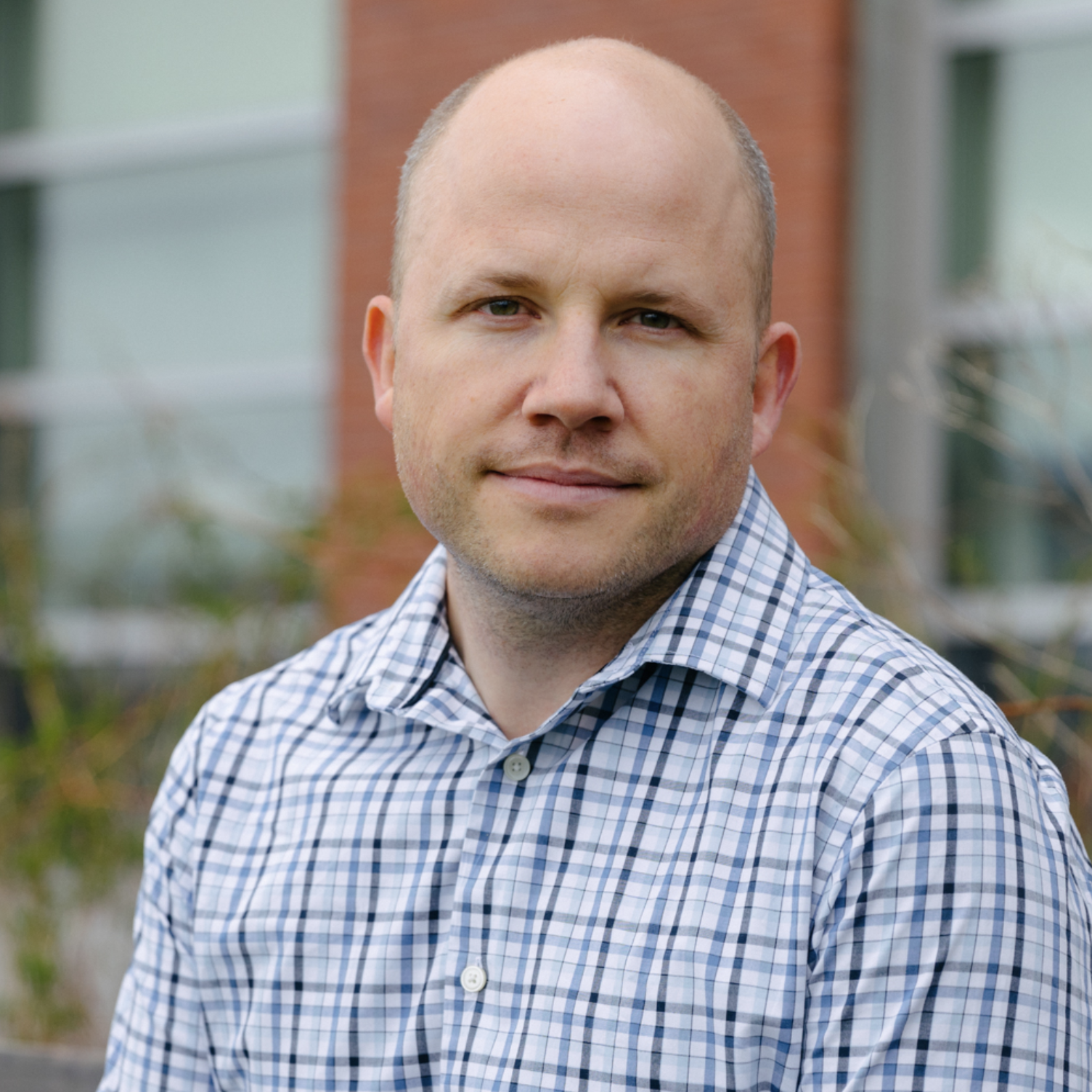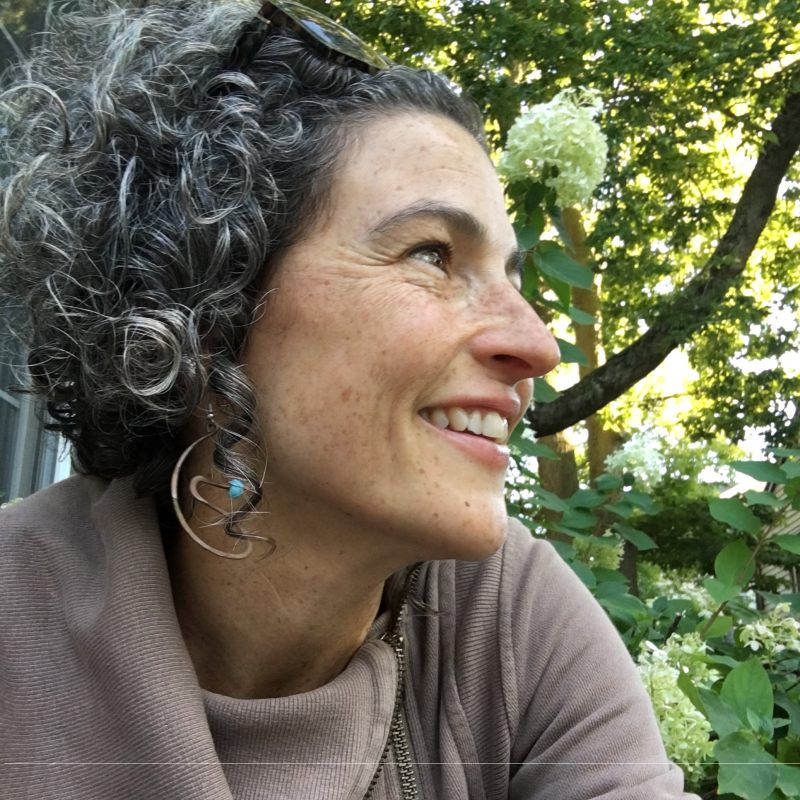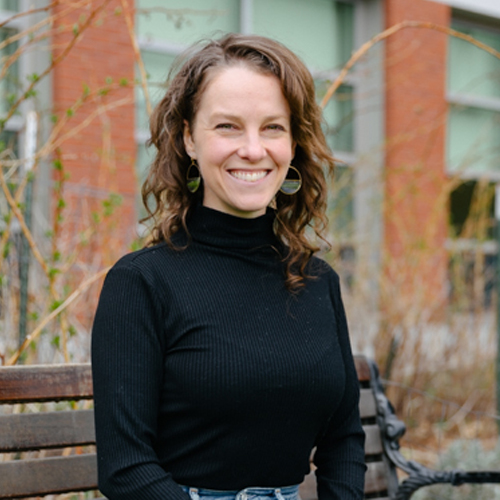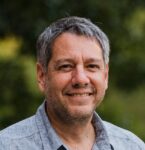Our graduate and professional educational programming focuses on equipping students with the knowledge and competencies to transform food systems and society through agroecology. Rooted in theory from popular education and Participatory Action Research (PAR), our programs examine potential pathways, through agroecology, towards the transformation of food systems by integrating economic, social, and ecological perspectives.
These learning programs are designed for community-based learners, professionals & graduate students and provide unique opportunities to learn from and connect to UVM’s international work on transformative agroecology. UVM Graduate Students can enroll in any of these courses through the Graduate Course Catalogue. Graduate students from other institutions or professionals seeking non-credit registration, please contact Emily Hoyler at UVM’s Institute for Agroecology with questions and to enroll.
Our courses use interactive and creative approaches to teaching that focus on creating learning communities amongst diverse cohorts of students, often participating from different geographies of the world. By learning through case studies, exploring the latest theoretical approaches, hearing from leading agroecologists as guest speakers and through meaningful projects and assignments, we aim to inspire, inform and skill-up students to become agents of change for a more just and sustainable food system.







